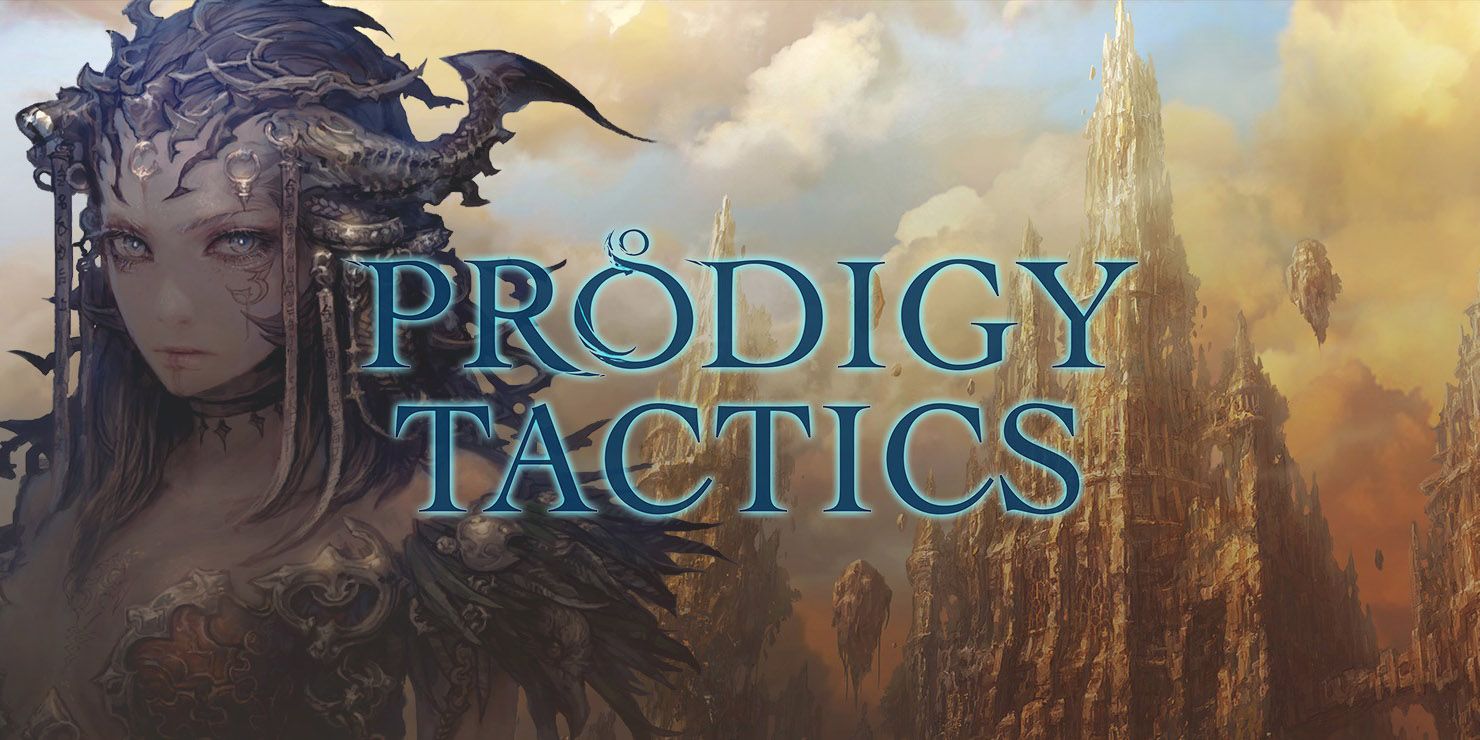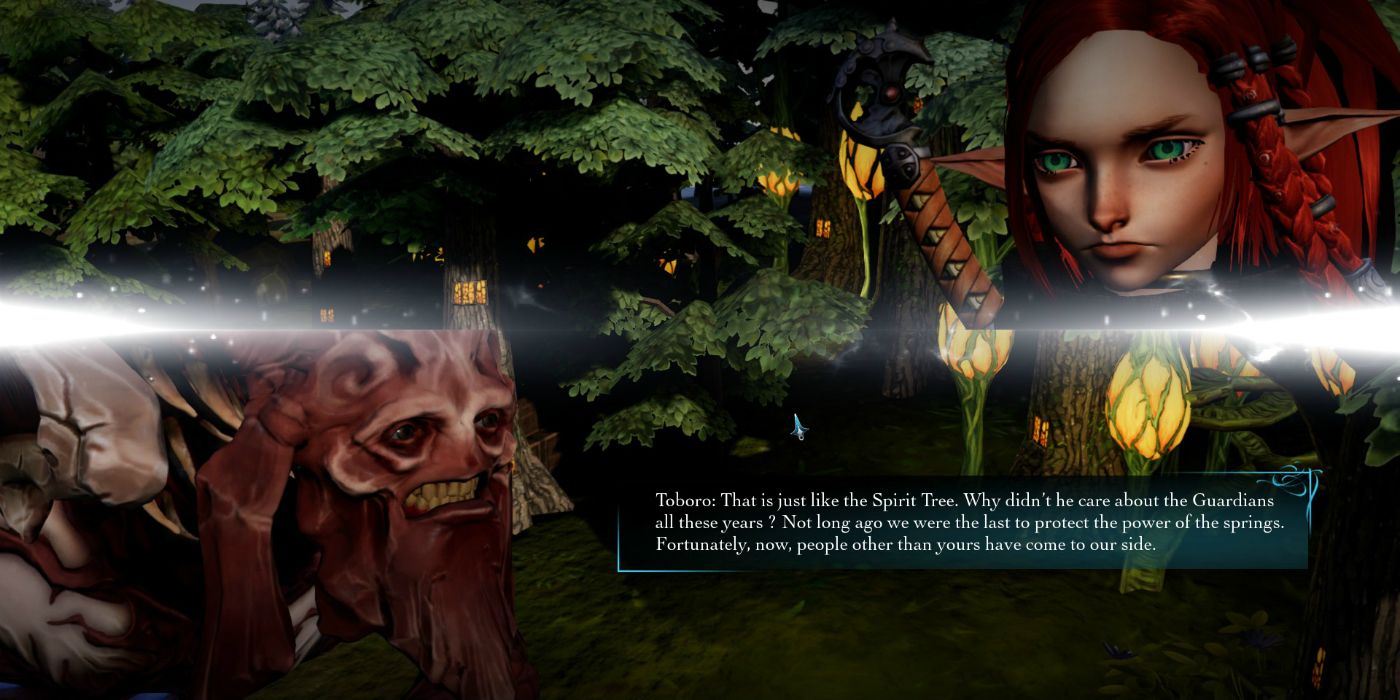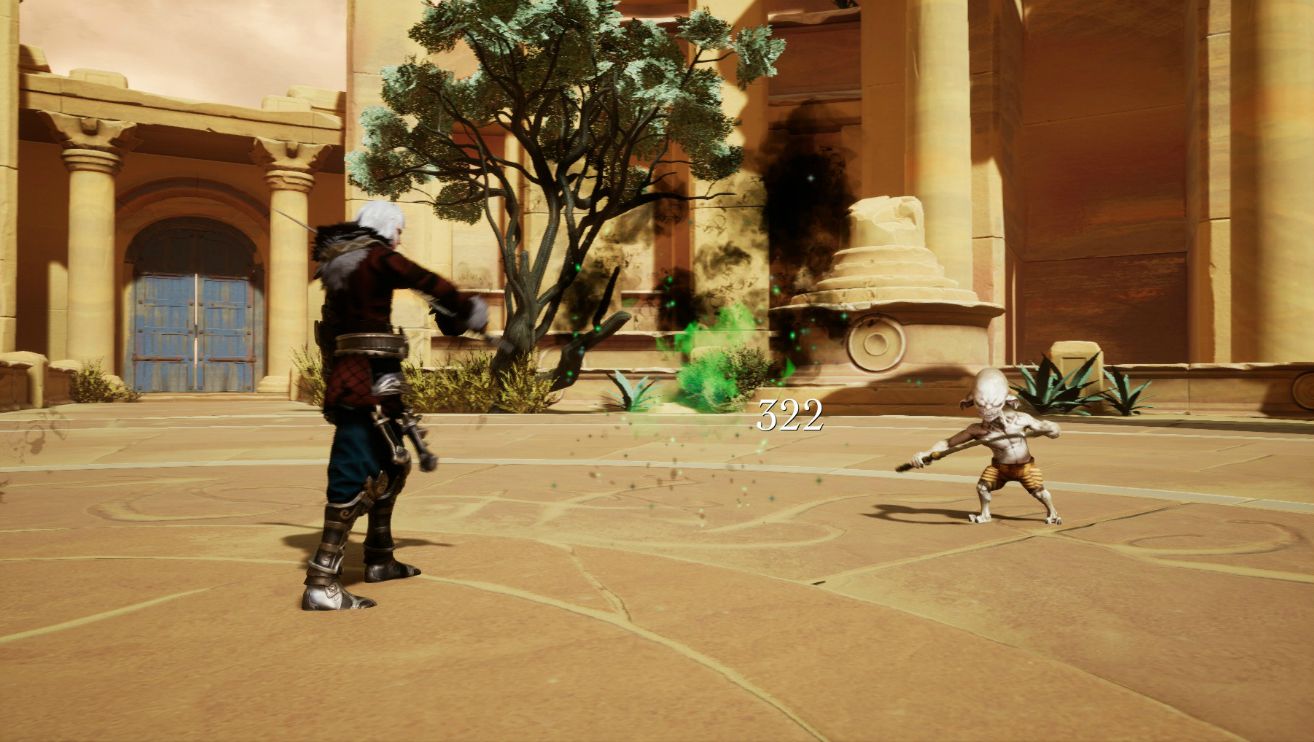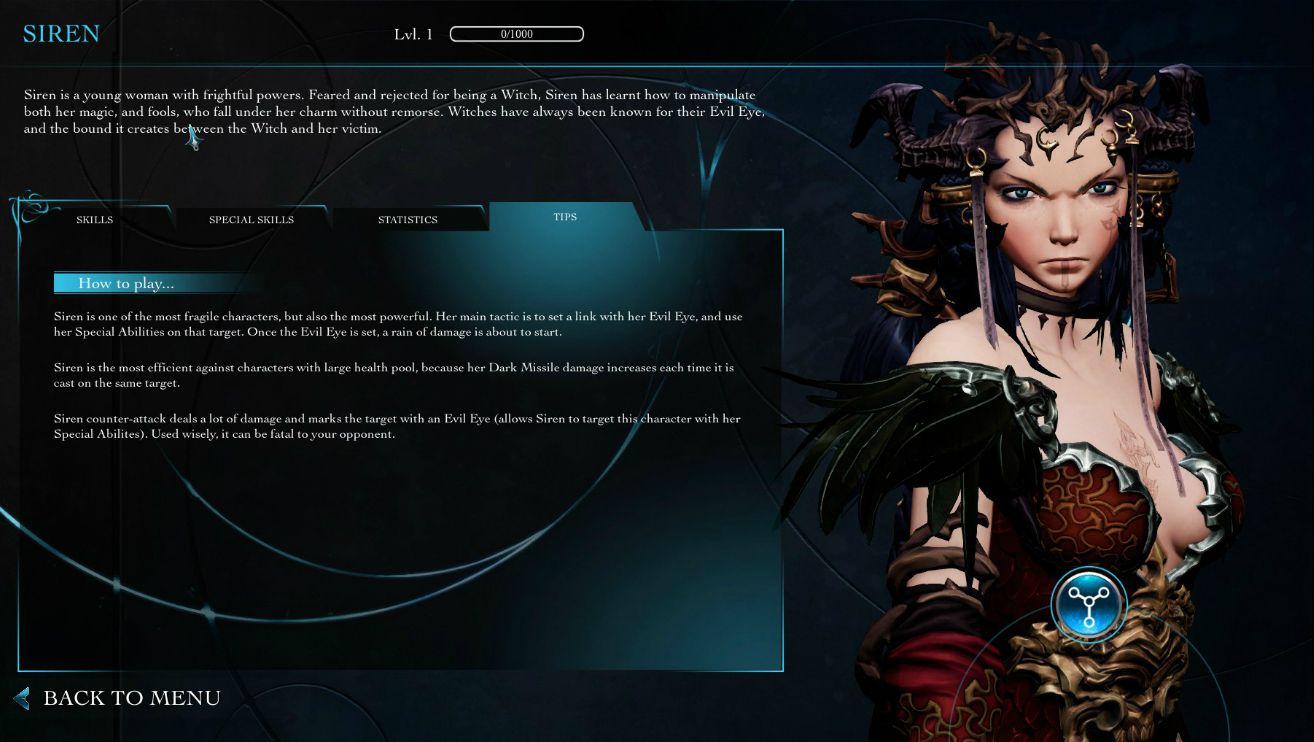
Prodigy Tactics is ready to leave Steam Early Access after spending nearly a year in that stage of development. Despite a number of high profile game releases on the horizon, it doesn’t seem like a bad time for Hanakai Studio to pull the trigger on launch, either. Strategy games have seen a sort of revival lately, especially on the indie scene, with titles like Into The Breach making a big, mech-sized splash in the genre.
The thing about tactical games is that they have to do a lot of work to stand out. A lot of the fondly remembered progenitors of games like Prodigy Tactics innovated elements of the genre that would then be honed and refined by future titles. Does Prodigy Tactics manage to set itself apart from its competitors, and is it enough to make for a memorable entry into the hallowed halls of strategy legends?
Related: Into The Breach Review - A Modern Tactical Classic
The short answers to those questions, in order, are yes and no. Prodigy Tactics is a game that innovates enough to offer something valuable to the genre, but it’s not a ground-breaking title by any means. That, coupled with a few hiccups in depth, make for a game that is well-worth checking out for fans of tactical games but will do nothing to convince those averse to the genre to give it another shot.

First, it has to be said - Prodigy Tactics is absolutely gorgeous. Hanakai Studio was founded by Jean Bey, who has a background in traditional game figures, and it shows. Every character is extremely detailed, has noticeable quirks in their design that make them quite unique, and delivers combat moves with flair. The game’s character designs and battlefields would not look out of place coming from a major studio, and this kind of quality being delivered by an indie studio is mind-boggling.
Where the game truly innovates is within the mechanics of its combat, however. Prodigy Tactics allows players to choose a number of different heroes who each have different skills and affinities. One character is particularly adept at delivering poison damage, which ignores a lot of defensive abilities, but they are fragile - so pairing them with someone who can defend and heal them is wise. That’s a basic explanation of how team construction can go, but rest assured it gets really deep as the game progresses, with characters leveling up, gaining points in various stats and then learning new skills that can go in different directions based on your preference.
The game’s unique offering to the genre is the Harmony and Dissonance system, something the developer is rightfully proud of. Harmony abilities are safer bets, do consistent damage, and have no significant drawbacks, but can’t be performed when a character is standing on a Dissonance tile. Dissonance tiles emerge when characters perform Dissonance abilities, which fluctuate in power level and offer a much wider range of strength and utility - but at a cost. Dissonance tiles accumulate on the board, offering two negatives. First, Harmony abilities are really difficult to maneuver into. Second, every Dissonance tile created heightens the risk of a Dissonance explosion, an event that clears the side of the board it happened on of Dissonance tiles and deals scaled damage to every character there based on the amount of tiles wiped out.

Beyond the Harmony and Dissonance system, it’s classic turn-based combat, which is fairly easy to pick up for anyone familiar with it. Where the game begins to stumble is in its plodding pace, especially early in the game. It takes Prodigy Tactics a very long time get going, and even early tutorial battles take a lot more minutes than are necessary. It’s not a dealbreaker, but it’s kind of annoying - games like this tend to thrive when players can jump in, play a couple quick games, then get drawn in and play a bunch more without realizing how much time has passed. That’s a hard sell when players are acutely aware of the many minutes it is taking to wrap up what equates to a trash mob in MMORPG terms.
The most egregious element of Prodigy Tactics is by far its single-player campaign, though. Multiplayer matchmaking takes a long time, but that’s to be expected of an Indie Steam title, and it’s well worth the wait. To kill the time, there are single player modes, the two most important of which are Bastion and Stories. Bastion is simply fending off enemy waves, and it’s a nice way to level up characters although it's a little bare bones.
Stories mode is where it falls apart. The game’s writing is painfully simple, and the characters, despite their amazing designs, fail to really make an impact or separate themselves in terms of personality. The campaign does little to sell players on why it is worth playing, and, like the combat itself, takes too long to get going for an endeavor that lasts somewhere between 10 to 15 hours.

Prodigy Tactics is a gorgeous indie tactics title that falters when it comes to the execution of some important game modes. For genre buffs, it’s definitely worth a look, and should offer up some fun, innovative gameplay in multiplayer particularly. For anyone else, though, Prodigy Tactics might be a hard sell, unless you really, really love multiplayer tactics and are okay sacrificing a high-quality single-player experience to dive in.
More: Here Are All The Big Games Releasing Fall 2018
Prodigy Tactics is out of Early Access on Steam on September 28, 2018. A Steam review code was provided to Screen Rant for the purposes of this review.
from ScreenRant - Feed https://ift.tt/2pyu48Y





No comments: